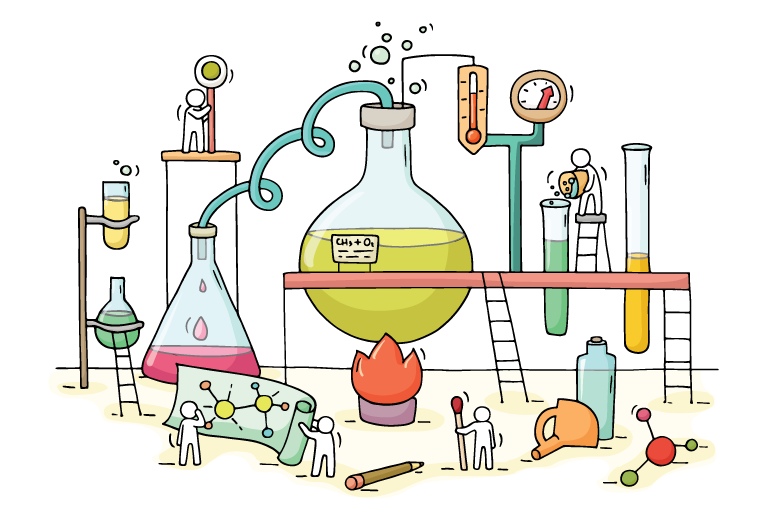Chlorine, a highly reactive chemical element, plays a pivotal role in various industries and applications. Its unique properties and versatility make it an indispensable agent in numerous processes. In this blog post, we will delve into the multifaceted nature of chlorine and explore its diverse applications across different sectors.
- Chlorine as a Disinfectant Agent:
Chlorine's most well-known application is as a disinfectant agent. Its powerful oxidizing properties make it highly effective in killing bacteria, viruses, and other harmful microorganisms. Chlorine-based disinfectants, such as sodium hypochlorite, are widely used in water treatment plants, swimming pools, and healthcare facilities to ensure public health and safety. - Chlorine in Chemical Manufacturing:
Chlorine serves as a key ingredient in the production of a wide range of chemicals. It is used in the synthesis of PVC (polyvinyl chloride), a versatile plastic widely employed in construction, packaging, and electrical industries. Additionally, chlorine is utilized in the manufacturing of solvents, pesticides, pharmaceuticals, and various organic compounds. - Chlorine in Water Purification:
Water purification is a critical process to ensure the availability of safe drinking water. Chlorine is extensively employed as a disinfectant in water treatment plants worldwide. It effectively eliminates harmful pathogens, neutralizes odors, and removes organic contaminants, making water safe for consumption. - Chlorine in the Textile Industry:
The textile industry relies on chlorine for various purposes. Chlorine bleach is used to whiten and brighten fabrics, removing stains and improving their appearance. Moreover, chlorine-based compounds are utilized in the production of synthetic fibers like polyester, nylon, and rayon, enhancing their durability and performance. - Chlorine in the Pharmaceutical Sector:
Chlorine finds applications in the pharmaceutical industry, primarily in the synthesis of drugs and medications. It is used as a disinfectant during the manufacturing process to ensure sterility. Chlorine compounds are also employed in the production of antibiotics, antiseptics, and other pharmaceutical products. - Chlorine in Food Processing:
Chlorine plays a crucial role in food processing and preservation. It is used to sanitize equipment, containers, and surfaces in food processing plants, preventing the growth of harmful bacteria. Chlorine-based compounds are also employed as food additives to enhance shelf life and maintain food quality.
Conclusion:
From its role as a disinfectant agent to its applications in chemical manufacturing, water purification, textile production, pharmaceuticals, and food processing, chlorine proves to be an incredibly versatile and indispensable agent across various industries. Its unique properties and effectiveness make it an essential component in ensuring public health, safety, and the smooth functioning of numerous processes. Understanding the diverse applications of chlorine highlights its significance and the need for responsible and sustainable usage in the modern world.

